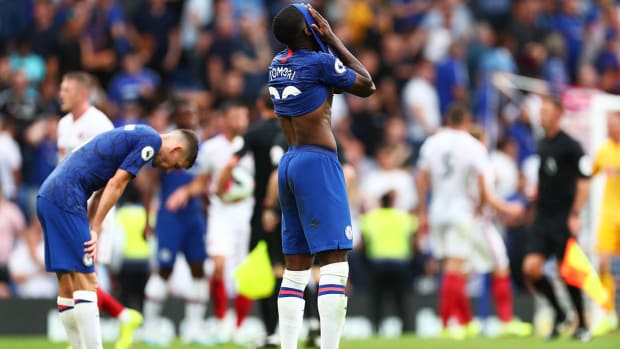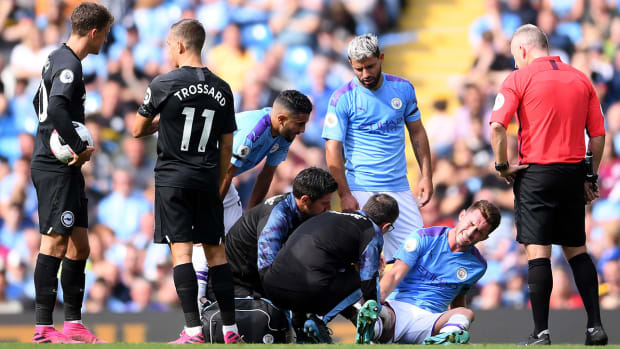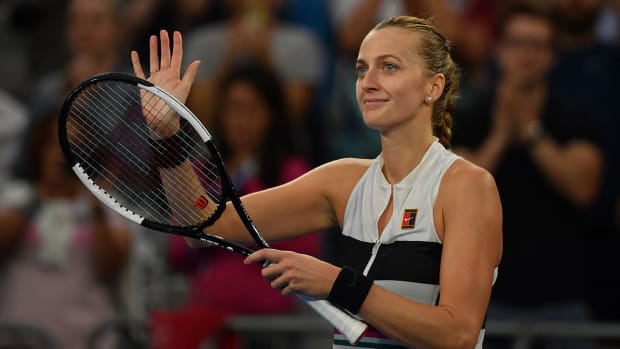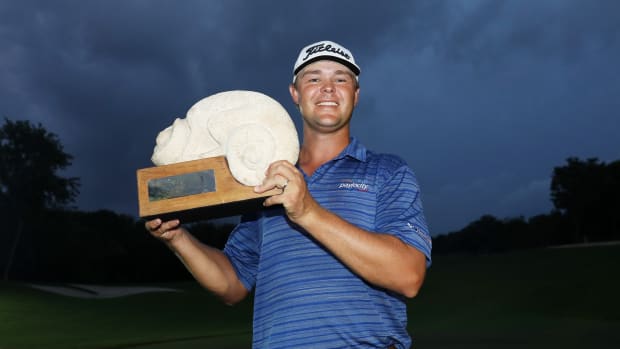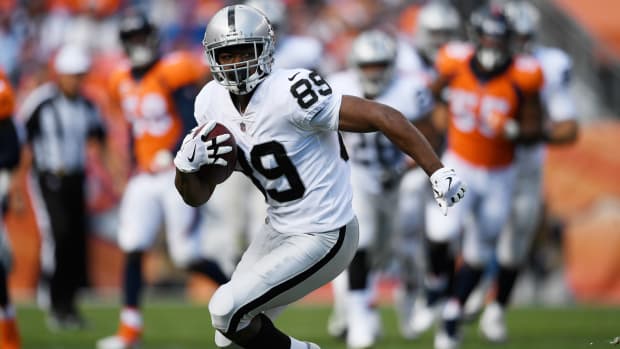Things to know about doping in Russia
MOSCOW (AP) Allegations that Russian athletes have routinely doped their way to success in major competitions and tried to cover up positive drug tests have shaken the world of track and field.
The World Anti-Doping Agency will release a report on Monday on its independent investigation into accusations of systematic doping and corruption in Russian sports.
The WADA investigation has already led to former IAAF President Lamine Diack being placed under investigation by French authorities on corruption and money-laundering charges linked to alleged bribes and cover-ups of positive tests in Russia.
Here are some things to know about doping in Russia:
---
THE NUMBERS
Russia is a world leader in doping cases, with WADA statistics showing 225 violations across a variety of sports in 2013 - 37 more than second-place Turkey.
Four Olympic gold medalists have been banned for doping in the past 12 months alone, all of them in track and field. They are 2012 steeplechase winner Yulia Zaripova and race-walkers Sergei Kirdyapkin, Olga Kaniskina and Valery Borchin.
The problem runs deep in Russia, where the country's sports minister warned in February that Russian coaches were doping child athletes in order to earn extra cash from winning bonuses at junior events.
---
THE ALLEGATIONS
The WADA investigation was sparked by a German TV documentary broadcast in December 2014 alleging that the Russian athletics federation operated a systematic doping program reminiscent of the one that operated in East Germany.
The film featured undercover footage of meetings between athletes and officials, plus testimony from a husband-and-wife pair of whistleblowers - former Russian anti-doping official Vitaly Stepanov and his wife, runner Yulia Stepanova.
They also alleged that the Russian anti-doping agency covered up positive tests for top Russian competitors in athletics and other sports.
Russia's athletics federation and anti-doping agency have strong ties to the Russian government through the powerful Sports Ministry, which oversees both organizations. For the government, the WADA probe comes at an awkward time, as it defends Russia's right to host the 2018 World Cup in the face of corruption claims.
---
BRIBERY INVESTIGATED
Russia's long-running doping saga took a new twist Wednesday when French officials said Diack had placed under criminal investigation.
The former IAAF leader is suspected of taking more than $1 million in bribes from the Russian athletics federation to cover up positive doping tests. Some of that money was allegedly paid in cash.
Last year's German documentary alleged that Russian marathon runner Liliya Shobukhova paid 450,000 euros ($520,000) to Russian officials, who threatened her with a doping ban before the 2012 London Olympics. It's unclear whether this case is linked to the French investigation, although WADA has said Shobukhova provided ''substantial assistance'' to its probe.
Diack had been a prominent supporter of Russian athletics. While visiting the Russian city of Sochi in April, he said it was ''ridiculous'' to suggest that almost all top Russian athletes dope.
---
DOZENS OF DOPING CASES
The most notorious location for Russian doping is in the little known central city of Saransk, home to the country's race-walking team.
Russian walkers have been dominant in the Olympics and world championships. There have been at least 33 doping cases involving Russian walkers in recent years, with 26 of them having served bans.
Russia is also facing IAAF investigations into claims Russian officials manipulated suspensions for some of its walkers to protect their Olympic results and that some walkers ignored their bans and continued to compete.
Saransk's future is uncertain after longtime head coach Viktor Chegin, who trained many of the banned athletes, resigned in July.
---
BEYOND ATHLETICS
Doping in Russia goes far beyond track and field.
In the past year, other banned Russian sports stars include a world swimming champion, two Winter Olympians and a former European champion weightlifter. The German documentary linked doping to Russian officials and athletes in swimming, cycling, biathlon, weightlifting and cross-country skiing.
